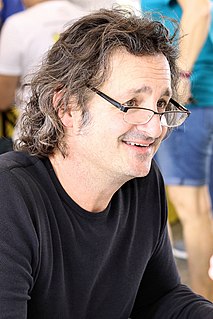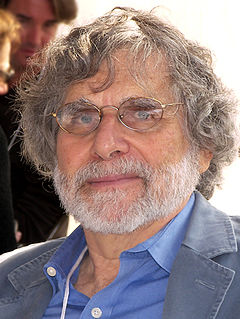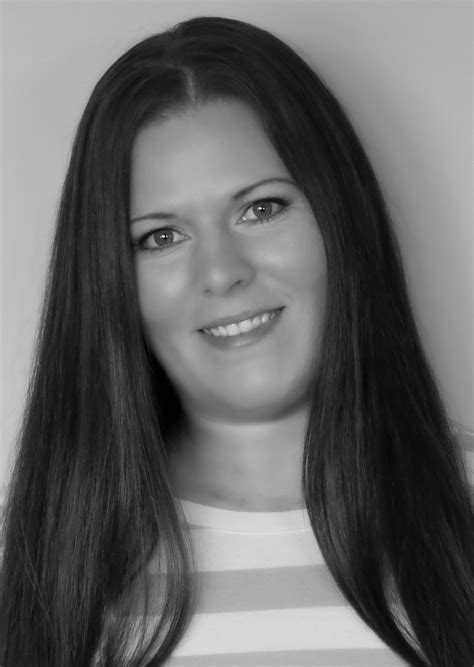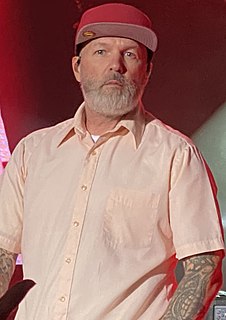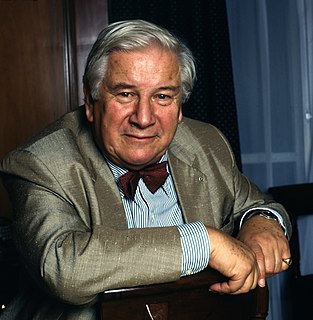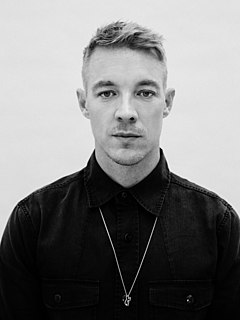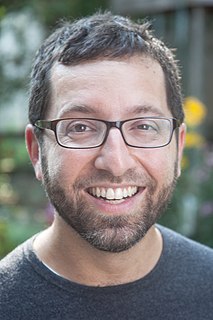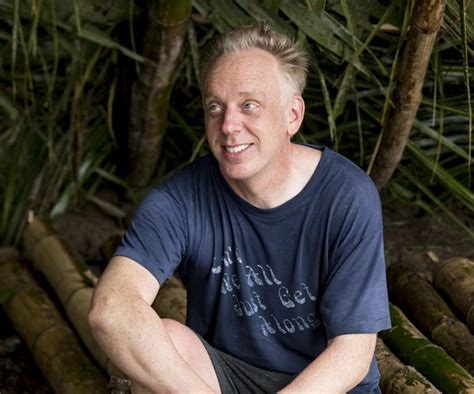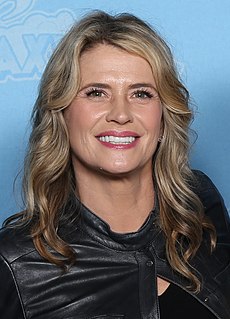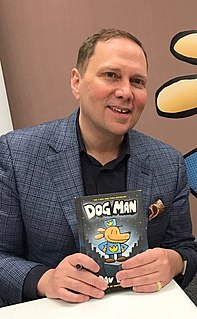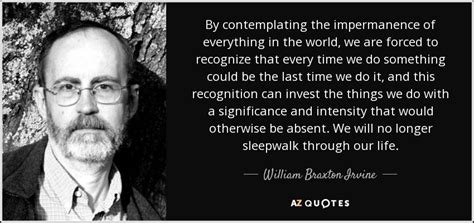Top 1200 Books And Reading Quotes & Sayings - Page 16
Explore popular Books And Reading quotes.
Last updated on November 18, 2024.
You can tell a book is real when your heart beats faster. Real books make you sweat. Cry, if no one is looking. Real books help you make sense of your crazy life. Real books tell it true, don't hold back and make you stronger. But most of all, real books give you hope. Because it's not always going to be like this and books-the good ones, the ones-show you how to make it better. Now.
They will be given as gifts; books that are especially pretty or visual will be bought as hard copies; books that are collectible will continue to be collected; people with lots of bookshelves will keep stocking them; and anyone who likes to make notes in books will keep buying books with margins to fill.
If no one speaks out for [young readers], if they don’t speak out for themselves, all they’ll get for required reading will be the most bland books available. Instead of finding the information they need at the library, instead of finding novels that illuminate life, they will find only those materials to which nobody could possibly object... In this age of censorship I mourn the loss of books that will never be written, I mourn the voices that will be silenced — writers’ voices, teachers’ voices, students’ voices — and all because of fear.
Attention spans are changing. It's very noticeable. I am very aware that the kind of books I read in my childhood kids now won't be able to read. I was reading Kipling and PG Wodehouse and Shakespeare at the age of 11. The kind of description and detail I read I would not put in my books. I don't know how much you can fight that because you want children to read. So I pack in excitement and plot and illustrations and have a cliffhanger every chapter. Charles Dickens was doing cliffhangers way back when. But even with all the excitement you have to make children care about the characters.
Samuel Beckett is the person that I read the most of - certainly the person whose books I own the most of. Probably 800 or 900, maybe 1,000 books of just Samuel Beckett. By him, about him, in different languages, etc. etc. Notebooks of his, letters of his that I own, personal letters - not to me, but I bought a bunch of correspondence of his. I love his humor, and I'm always blown away by his syntax and his ideas. So I keep reading those.
The world is changing, but I am not changing with it. There is no e-reader or Kindle in my future. My philosophy is simple: Certain things are perfect the way they are. The sky, the Pacific Ocean, procreation and the Goldberg Variations all fit this bill, and so do books. Books are sublimely visceral, emotionally evocative objects that constitute a perfect delivery systemBooks that we can touch; books that we can smell; books that we can depend on. Books that make us believe, for however short a time, that we shall all live happily ever after.
One summer I was homeless in L.A., when I was about fifteen, and I used to go to the library to get books. I would have books in abandoned cars, in the seats, cubby holes on the L.A. River, just to have books wherever I could keep them, I just loved to have books. And that really helped me. I didn't realize it was going to be my destiny; I didn't know I was going to be a writer.
In reading Chesterton, as in reading MacDonald, I did not know what I was letting myself in for. A young man who wishes to remain a sound Atheist cannot be too careful of his reading. There are traps everywhere — "Bibles laid open, millions of surprises," as Herbert says, "fine nets and stratagems." God is, if I may say it, very unscrupulous.
I'm an anxious person in general, but something about being pregnant and awaiting the release of my first book, The Monsters Of Templeton, made me into an insane anxious person. I didn't sleep at night. I ended up sleeping all day. In a strange way I felt like the world was going to end. I found myself so deeply depressed at times that I started to read about happiness, and that took me into books about idealism and utopianism. Reading books about people who tried to build utopian societies of different kinds gave me a kind of lift.
For me, promotional thing about some new album coming out destroys a lot of the excitement of making records. Records, movies, books - they're not supposed to be like math books. The purpose of them is to kind of take us out of ourselves and give us some sort of alternate experience or respite. To try to maximize the relationship of listening to a record through promotion is like experiencing driving a car by reading about stimulus programs. It kind of defeats the purpose.
You are currently experiencing desire; otherwise, you wouldn't be reading these words. Even if you are reading them at the behest of someone else, you are motivated by your desire to please that person. And if you stop reading, you will not do so because you have stopped desiring but because your desires have changed.




